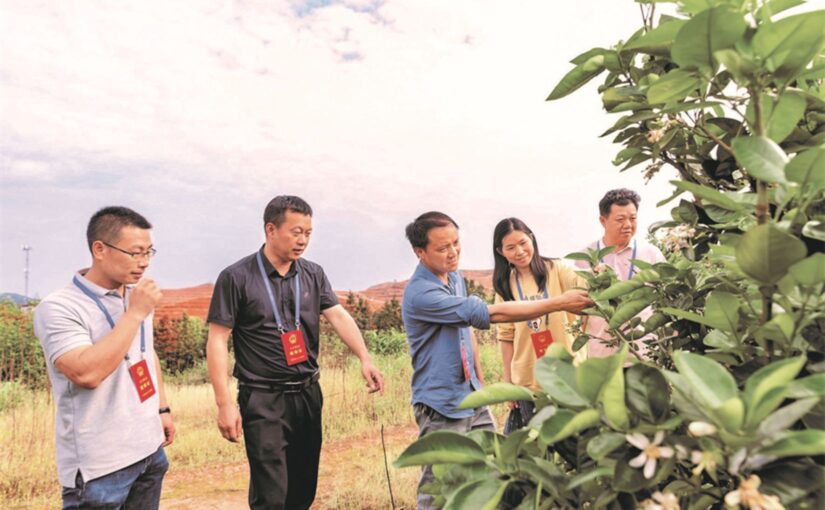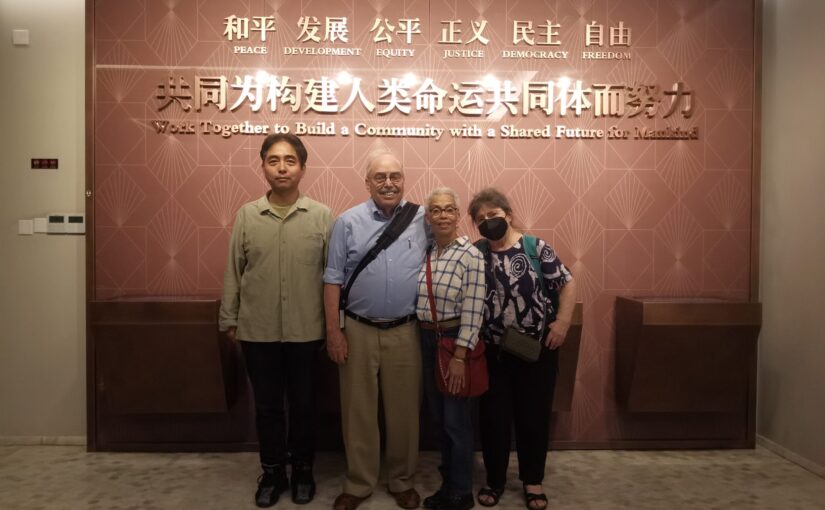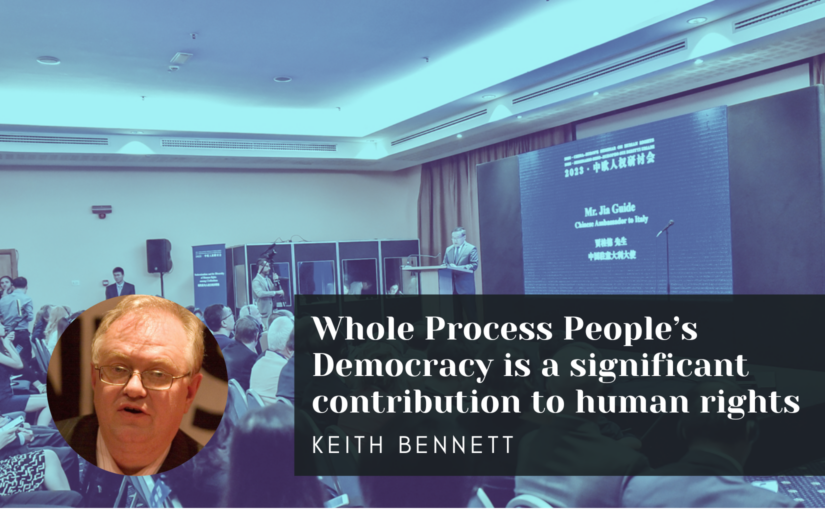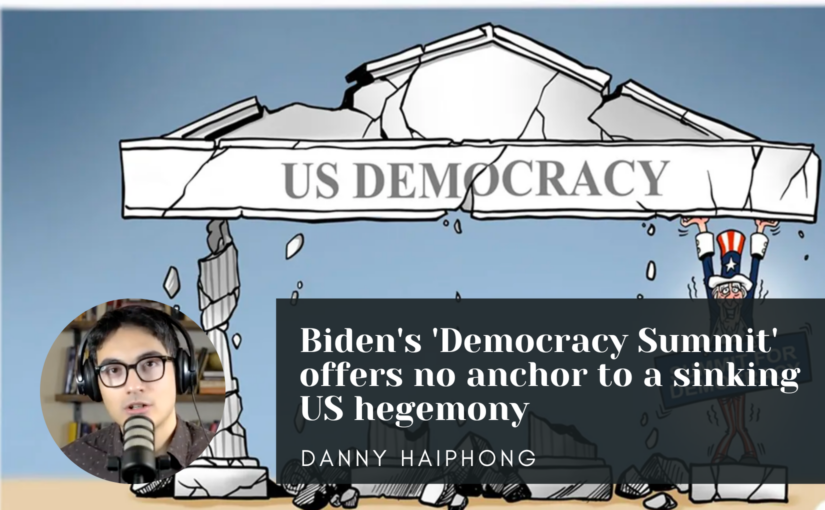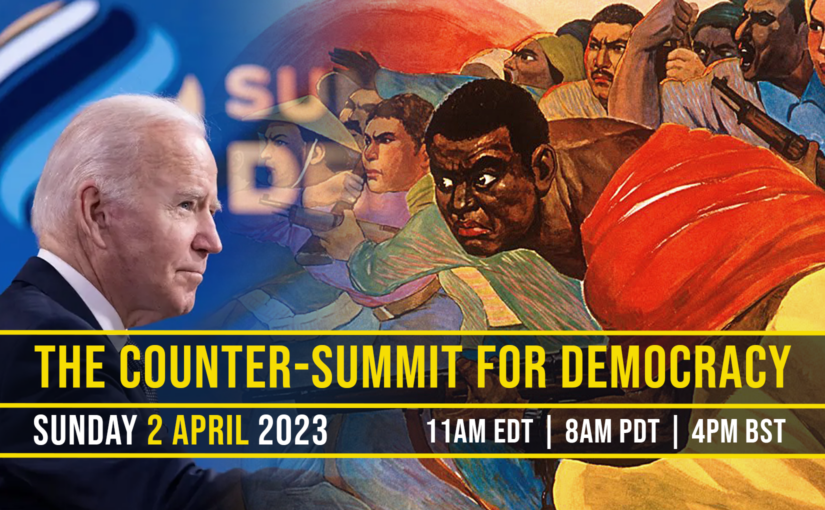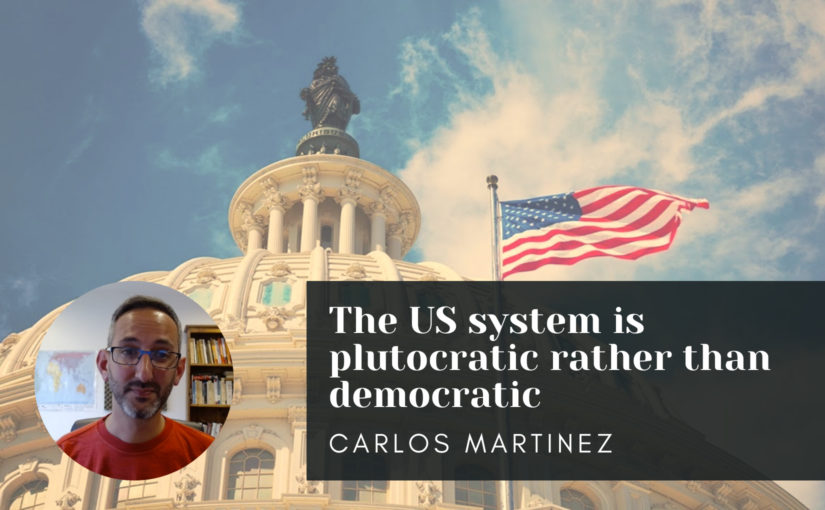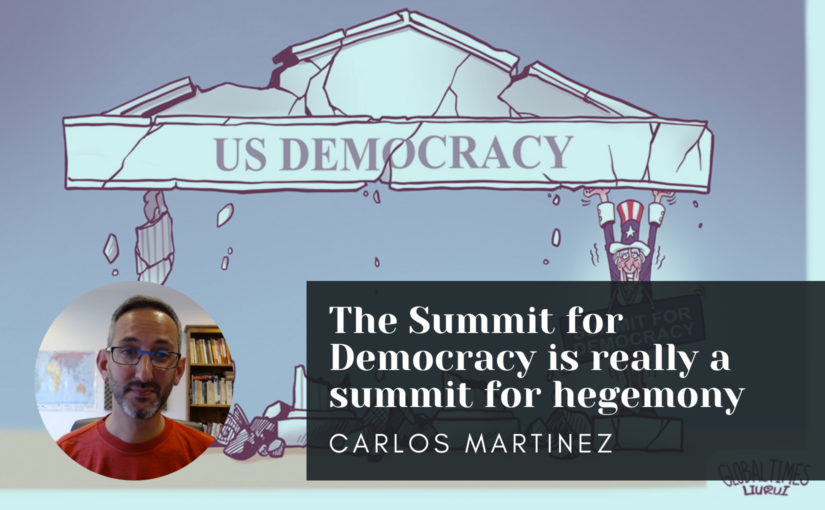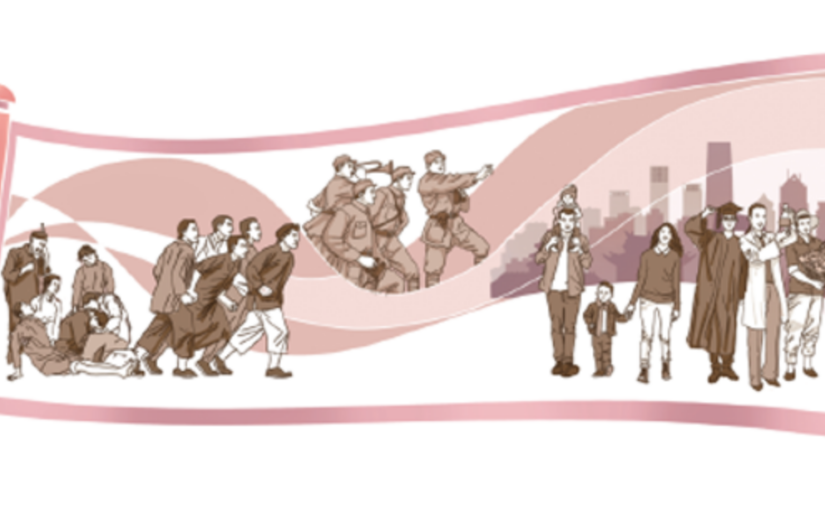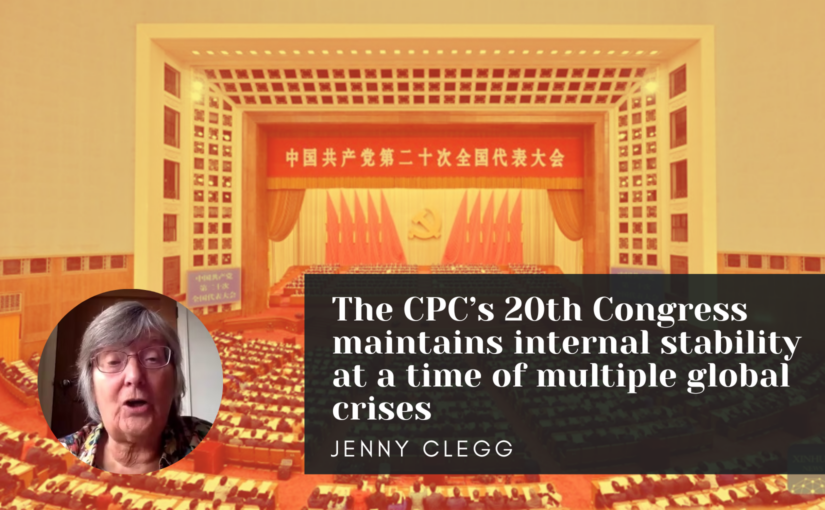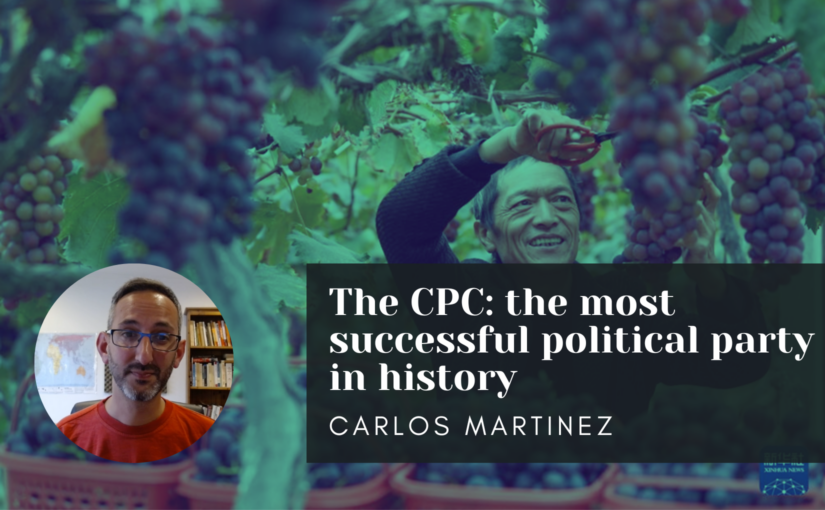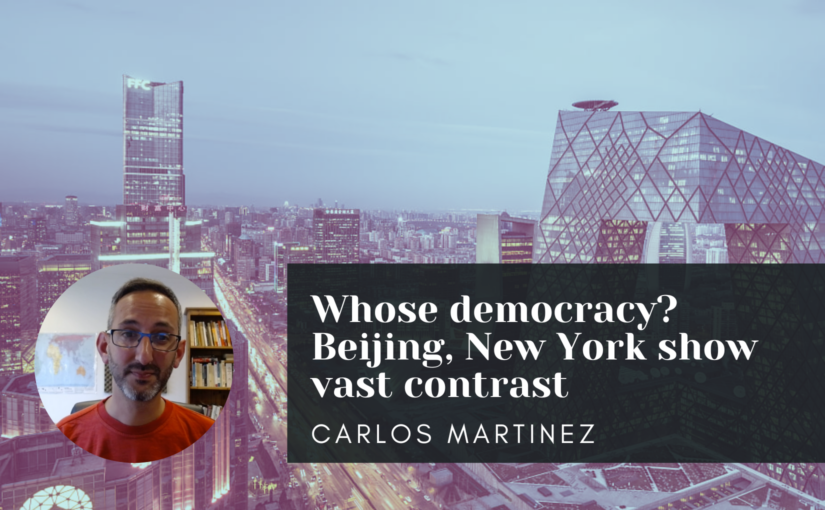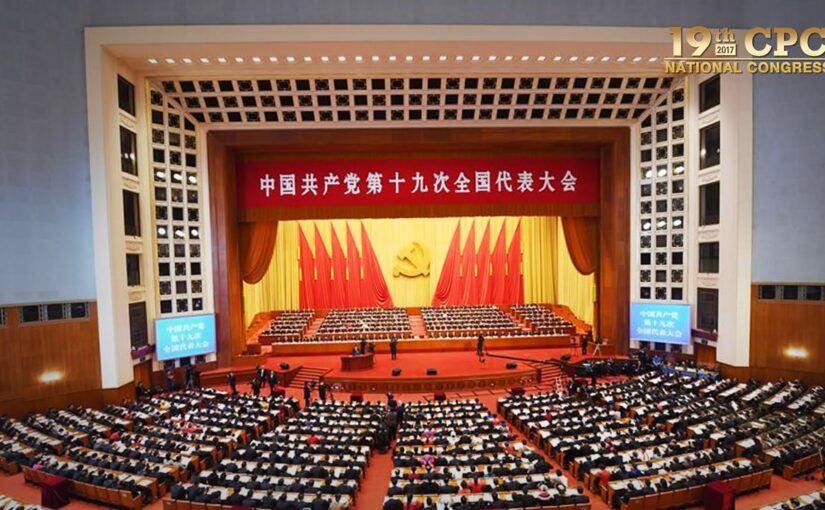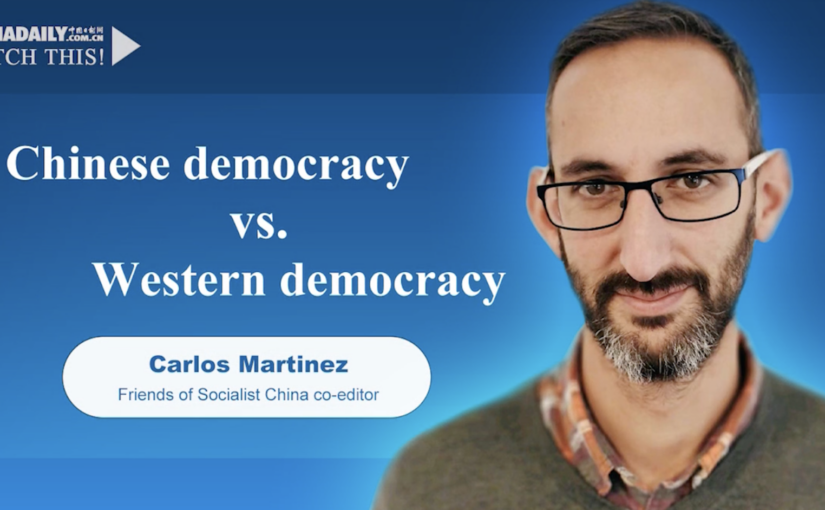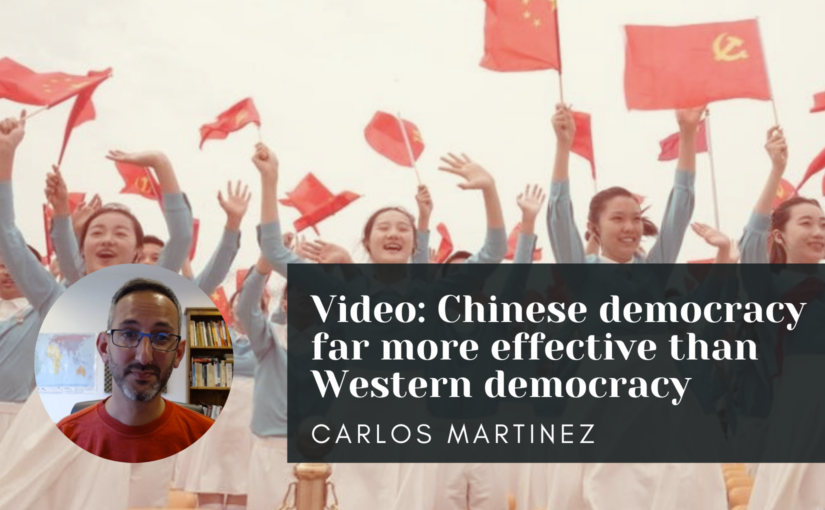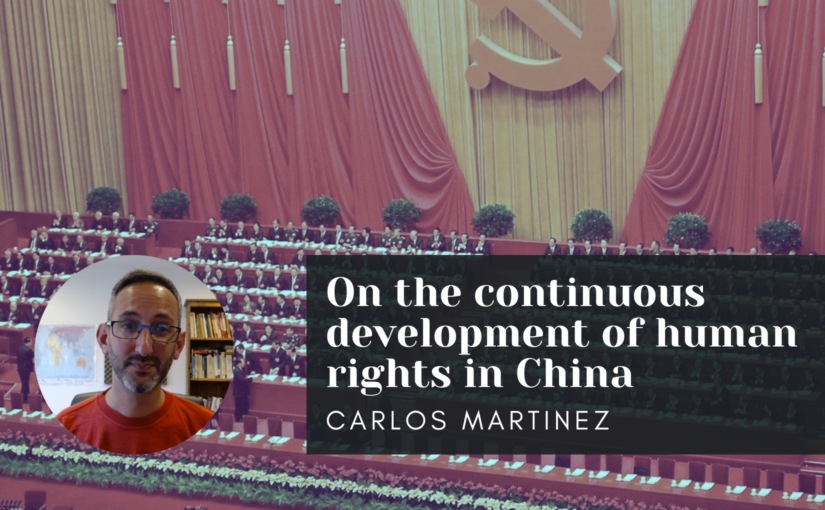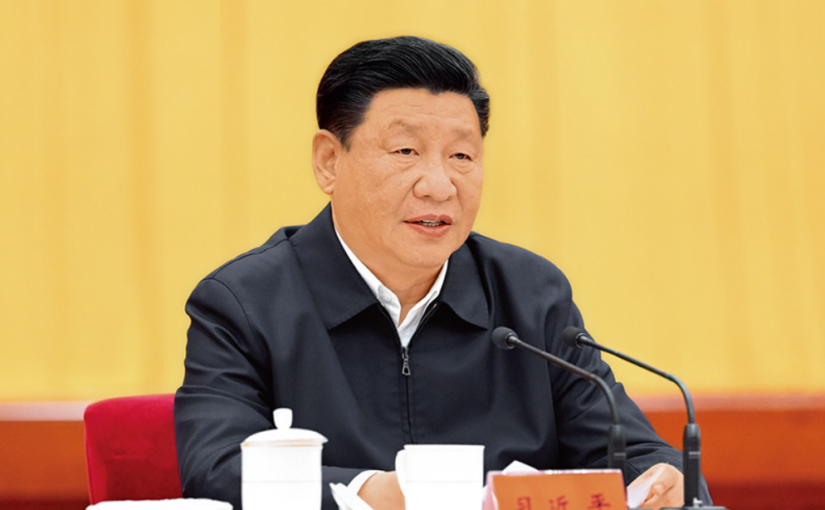The following article, which we reprint from the English language July/August 2023 edition of Qiushi, the theoretical journal of the Communist Party of China (CPC), outlines how, since the CPC’s 18th National Congress in 2012, President Xi Jinping has put forward a key concept of whole-process people’s democracy. This concept has further enriched Marxist democratic theory and represents a historic achievement and landmark in the development of democracy in China in the new era.
This, the article states, has not only advanced China’s socialist democracy, but also offered Chinese insights and solutions for other countries as they explore and develop paths of democracy suited to their own conditions.
The article notes that: “President Xi has also creatively put forward a framework for judging whether a country is democratic or not: ‘The key factor in deciding whether a country is democratic or not is whether the people truly run the country. We must evaluate whether the people have the right to vote, and more importantly, the right to participate; what promises they are given during elections, and more importantly, how many of these promises are delivered after elections; what kind of political procedures and rules are set through state systems and laws, and more importantly, whether these systems and laws are truly enforced; and whether the rules and procedures for the exercise of power are democratic, and more importantly, whether the exercise of power is genuinely subject to public oversight and checks.’”
It further explains that:
President Xi has summarised the CPC’s adherence to and development of people’s democracy in five basic points.
First, people’s democracy is the life of socialism; without democracy, there would be no socialism, socialist modernisation, or national rejuvenation.
Second, the running of the country by the people is the essence and heart of socialist democracy. The very purpose of developing socialist democracy is to give full expression to the will of the people, protect their rights and interests, spark their creativity, and provide a system of institutions to ensure that it is they who run the country.
Third, the Chinese socialist path of political advancement is the right path, as it conforms to China’s national conditions and guarantees the position of the people as the masters of the country. It is the logical outcome of history, theory, and practice based on the endeavours of the Chinese people in modern times. It is a requisite for maintaining the nature of the Party and fulfilling its fundamental purpose.
Fourth, China’s socialist democracy takes two important forms: one in which the people exercise their rights by means of elections and voting, and another in which people from all walks of life are consulted extensively in order to reach the widest possible consensus on matters of common concern before major decisions are made. Together these make up the institutional features and strengths of China’s socialist democracy.
Fifth, the key to developing China’s socialist democracy is to fully leverage its features and strengths. As we continue to advance socialist democracy with well-defined institutions, standards, and procedures, we can provide better institutional safeguards for our Party and country’s prosperity and long-term stability.
These five basic points systematically encapsulate the essence of socialist democracy. They enrich and expand the political, theoretical, and practical significance of socialist democracy and set the goals, direction, and approach for developing whole-process people’s democracy.
Since the 18th National Congress of the Communist Party of China (CPC) held in 2012, President Xi Jinping has comprehensively reviewed achievements and experiences in building China’s socialist democracy, deepened understanding of the laws governing the development of democracy, and put forward a key concept of whole-process people’s democracy. This concept has further enriched Marxist democratic theory and represents a historic achievement and landmark in the development of democracy in China in the new era.
I. President Xi Jinping’s original theoretical achievement in the area of socialist democracy
Whole-process people’s democracy is a new form of political advancement developed by the people under the leadership of the Party. Its essence is the principle of the people running the country. In November 2019, during his visit to Hongqiao Subdistrict in Shanghai, President Xi first proposed that “people’s democracy is whole-process democracy.” In July 2021, at the ceremony marking the CPC’s centenary, he declared that the Party would “practice a people-centered philosophy of development and promote whole-process people’s democracy.” In October 2021, at a central conference on work related to people’s congresses, President Xi provided a comprehensive and systematic elucidation of whole-process people’s democracy. In November 2021, the Sixth Plenary Session of the 19th CPC Central Committee adopted the third resolution concerning the Party’s history, which listed “developing whole-process people’s democracy” as an important element of Xi Jinping Thought on Socialism with Chinese Characteristics for a New Era. At its 20th National Congress in October 2022, the Party set forth overarching plans for “developing whole-process people’s democracy and ensuring the people run the country.”
The efforts to propose, implement, and develop whole-process people’s democracy have clearly illustrated the CPC’s firm commitment to the position of people’s democracy and the principle of the people running the country and provided sound guidance for promoting socialist political advancement in the new era. Furthermore, they have offered Chinese insights and solutions for other countries as they explore and develop paths of democracy suited to their own conditions.
President Xi has repeatedly emphasized that there are eight criteria to evaluate whether a country’s political system is democratic and effective, specifically, “We must observe whether the succession of its leaders is orderly and law-based, whether the people can participate in the management of state, social, economic, and cultural affairs in accordance with the law, whether the public can express their needs through open channels, whether all sectors of society can effectively participate in the country’s political affairs, whether the country’s decision-making can be conducted in a rational and democratic manner, whether people of all fields can join state leadership and administrative systems by way of fair competition, whether the governing party can lead state affairs in accordance with the Constitution and the law, and whether the exercise of power is subject to effective checks and oversight.”
President Xi has also creatively put forward a framework for judging whether a country is democratic or not: “The key factor in deciding whether a country is democratic or not is whether the people truly run the country. We must evaluate whether the people have the right to vote, and more importantly, the right to participate; what promises they are given during elections, and more importantly, how many of these promises are delivered after elections; what kind of political procedures and rules are set through state systems and laws, and more importantly, whether these systems and laws are truly enforced; and whether the rules and procedures for the exercise of power are democratic, and more importantly, whether the exercise of power is genuinely subject to public oversight and checks.”
Continue reading Developing Whole-Process People’s Democracy and ensuring the people run the country